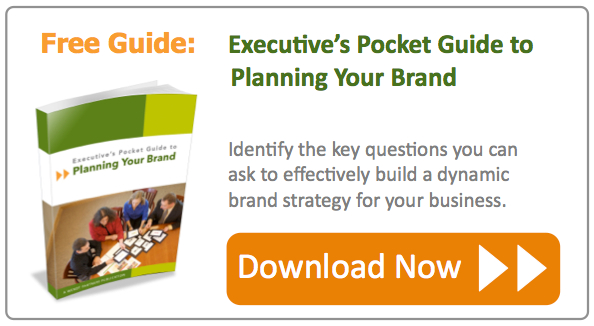Doug Wendt is a co-founder and senior partner with Wendt Partners.
1. Professional Knowledge and Expertise
The consultant you select should be confident, competent, and experienced. This can be demonstrated through an extensive portfolio of successful engagements, and a strong educational background in strategy and communication. Above all, your consultant should be an expert in strategic planning. With deep domain expertise to draw on, your strategic planning consultant will be able to relate quickly to your employees and inspire confidence and trust in your team from the start. Without that trust, your employees will have trouble adapting to any new strategies your consultant proposes, which can ultimately make any strategy seem ineffective.
2. Facilitation Skills
A strategic planning consultant is focused on guiding your business through a process that leads to success. Therefore, your consultant should have solid facilitation skills. Facilitation is more complex and critical to your planning process than you may realize. An effective facilitator is able to rapidly identify personality types and comfort levels within your team, so that they may adjust the discussion flow to ensure that all perspectives are heard.
At the same, the facilitator should know when to sit back and let your employees sort things out, rather than taking matters into their own hands. Your consultant’s leadership skills are also important, but must be balanced so that the consultant does not appear overwhelming or overbearing. Outside of meetings, a well-prepared facilitator will be capable of tailoring questions and dialogue with each stakeholder in order to bring out the best in that person, while also increasing their confidence in the value and relevance of the process. In short, facilitation is what powers the motivation for change your team will need to implement an effective strategy.
3. Experience in Your Industry
It’s important for your consultant to have proven experience in your specific industry. They need to be well-versed in the language and terminology used by your business. They should know the in’s and out’s of your market and what kinds of strategies will work best for you. It’s critical for your consultant to have a strong understanding of the competitors you deal with in your field, as well as the economic and global trends that affect your business and the markets you’re in. An ideal strategic planning consultant is one who has done extensive work in your sector, and has brought positive results to businesses like yours.
4. Experience in Other Industries
While it’s important for your consultant to have experience in your industry, it’s just as important for them to have experience in other industries. As a consultant, they should understand what types of strategies work for a range of specific industries, even those outside of yours. With such expertise, they will be able to synthesize proven concepts from one sector to another. These creative ideas can help energize your planning process. In addition, while your consultant should be able to speak your language, what you can’t afford is a consultant who will just tell you what you already know. A strategic planning consultant with experience in multiple industries demonstrates versatility and curiosity - both prerequisites for your success.
5. Has Walked In Your Shoes
The best consultants are those who know from personal experience what you’re going through. They should understand firsthand what it means to build a business, lead a nonprofit, drive change, and implement strategy. A strategic planning consultant who hasn’t implemented a strategy on his or her own cannot effectively guide you toward practical and workable recommendations - guidance you will need in order to achieve success.
This means that your consultant should possess strong C-Level experience either as the president of a company, the executive director of a nonprofit, the CEO of an association, or as a high-level executive with direct P&L responsibilities. A strategic planning consultant with this background can sit with you over coffee before and after the process to discuss the real world challenges, obstacles, and opportunities associated with the strategic plan. As a result, he or she can advise you as a peer from a perspective of practical know-how.
These five qualities provide you with a framework for learning how to evaluate, select and effectively work with the right strategic planning consultant for your business. Understanding the aptitudes of successful strategic planning consultants will also give you a strong foundation and balanced perspective, from which you can launch a successful strategic planning process for your business.
Image credit: Flickr @ Creative Commons








